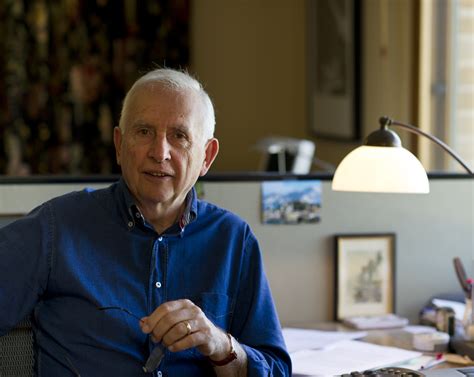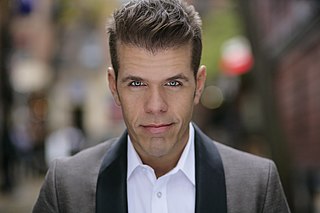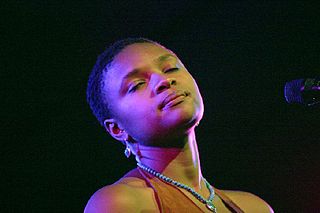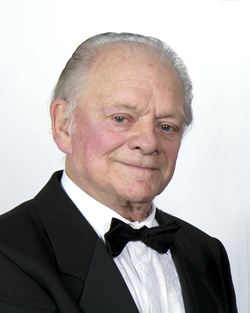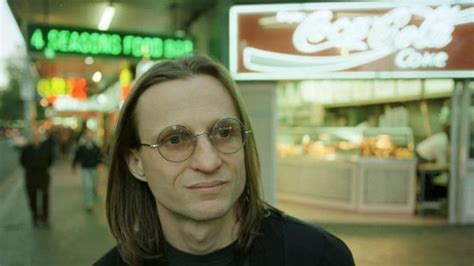A Quote by Elizabeth Flock
A study by the Parents Television Council, a media watchdog group, found scenes of graphic violence and gore are increasing in TV dramas - and particularly on NBC.
Related Quotes
All kinds of violence on the TV. You're not supposed to watch violence on the TV. Children, they can't watch it 'cause they're afraid maybe the kids will copy something they see on the TV. I can't even get a funny cartoon anymore because some 12-year-old somewhere watched a particularly violent episode of the Road Runner-Coyote show, and the next day, they found him at the bottom of a canyon, two giant springs strapped to his feet.
What you don't want is for violence and gore to become more important than character and structure. A lot of slasher movies from the eighties were only focused on violence and gore, which robs the human beings in the story of any empathetic reaction from the audience, and instead makes them cheer for the gore.
I've really dreamed of doing television. All of us do television, coming up. But when I was coming up, television was a black hole for actors. Now, television has a certain cache. Now everybody wants to be on TV because they're doing adult dramas. If you're an actor, it's like, "Well, get me on television," because it's the only place you can do it and also make a living at it. If my kids need shoes, I better do a TV show because I damn sure don't make any money with independent films.
Extrapolated, technology wants what life wants:
Increasing efficiency
Increasing opportunity
Increasing emergence
Increasing complexity
Increasing diversity
Increasing specialization
Increasing ubiquity
Increasing freedom
Increasing mutualism
Increasing beauty
Increasing sentience
Increasing structure
Increasing evolvability
I would describe myself as a writer and a student of media. If there's a central idea in media theory, it's to take media as form. It might grow out of philosophical aesthetics or the study of literature and visual art, but the various strands of media theory converge in treating all of those as subsets of the study of media as form.

